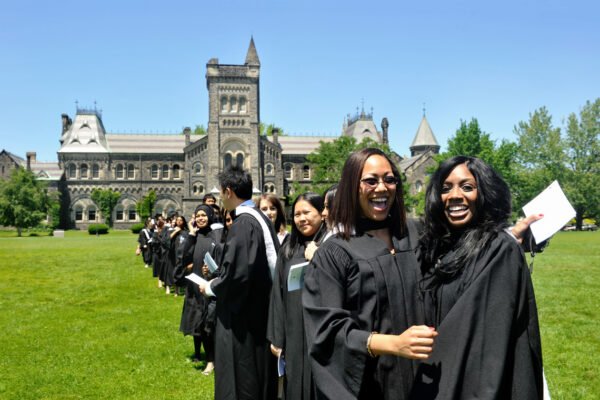How to Determine the Right Retirement Savings Plan for Yourself.
Post-education era really commences with you landing that first job. With that comes a new series of objectives, you start thinking of how to get a car, get yourself a house, get married and build a home, raise your kids and also how to live a comfortable life in your old age. And the last on that list is made possible by retirement savings.
The working age is generally between the age 25 and 65, which means working for 40 years. As such the retirement savings is a plan that is scheduled over the duration of 40 years. One of the other main struggles apart from getting enough money to save up when it comes to retirement savings is striking the perfect, or almost perfect balance between saving up for your old age and making sure that you don’t reduce your expenses to an extent where you become miserable with your present life. Nothing is promised tomorrow. No one can say for sure that his or her heart that beats this second will beat the next. As such it is a waste to be on a budget that is way too tight, find the middle ground and plant your limit ground there, so that you can save well enough to enjoy your old age without strangling the light out the eye of your present self.
With that mind, the following are some things you must consider before you set a retirement goal so as to make sure that you spend your old days in optimum comfort.
How Long You Want the Retirement Savings to Last
At 65 years old when you retire, how many more years do you want your retirement money to last? 10 years, 20, 30 or till death comes? It is a quite simple mathematical equation. If you want your money to last for a more extended period of time, you obviously need to save up well enough before you cash in your chips and retire. Generally, the returns you get on your invested Retirement plan is not enough to fulfill all the monthly expenses that accrue. Sure, you might get some money here and there from your children but you still have to have a sizable amount of savings, your own money, on your side. This will enable you to foot your monthly expenses, pay any unexpected costs that come up and still have enough to last for a very long period of time.
Dependents on Your Retirement Money
For example, if you get a kid at a later age, say you got a new baby when you were 50 years of age. By the time you retire at 65 years, the child is just 15 years old, just about preparing to enter college. Of course such a child will still depend on you to cater for his or her needs amongst other necessities. As such, you must not be oblivious to the fact that all the expenses that accrue from these dependents will have to be taken care of out of the retirement money. With that in view, you have to obviously save up way more in order to enjoy the money for a longer period of time.
Time to Available to Amass the Savings
Some people are lucky enough to get a very good paying job as early as 21 or 22 years old while others might not secure a similar job until they are in their mid-thirties or close to 40 years old. Mathematically, someone that secures such a job at 21 or 22 years of age has more years between then and when he clocks 65 years, 43 – 44 years to be precise. Obviously, he or she has a longer time to save up which means he can afford to save up lesser amounts monthly and still attain the amount he wants upon his or her retirement. Whereas, one who gets a job at 35 years of age has only 30 years to amass equal amounts. This means that he or she will have to save higher amounts monthly.
Another thing to consider is the return percentage that you expect to get on your investments upon your retirement. A higher percentage means you can save up lesser amounts and still reach your retirement goals.
In conclusion, you have to know how much you want to have as your retirement savings come the day you retire and then figure out how much you have to put aside monthly to attain this.

